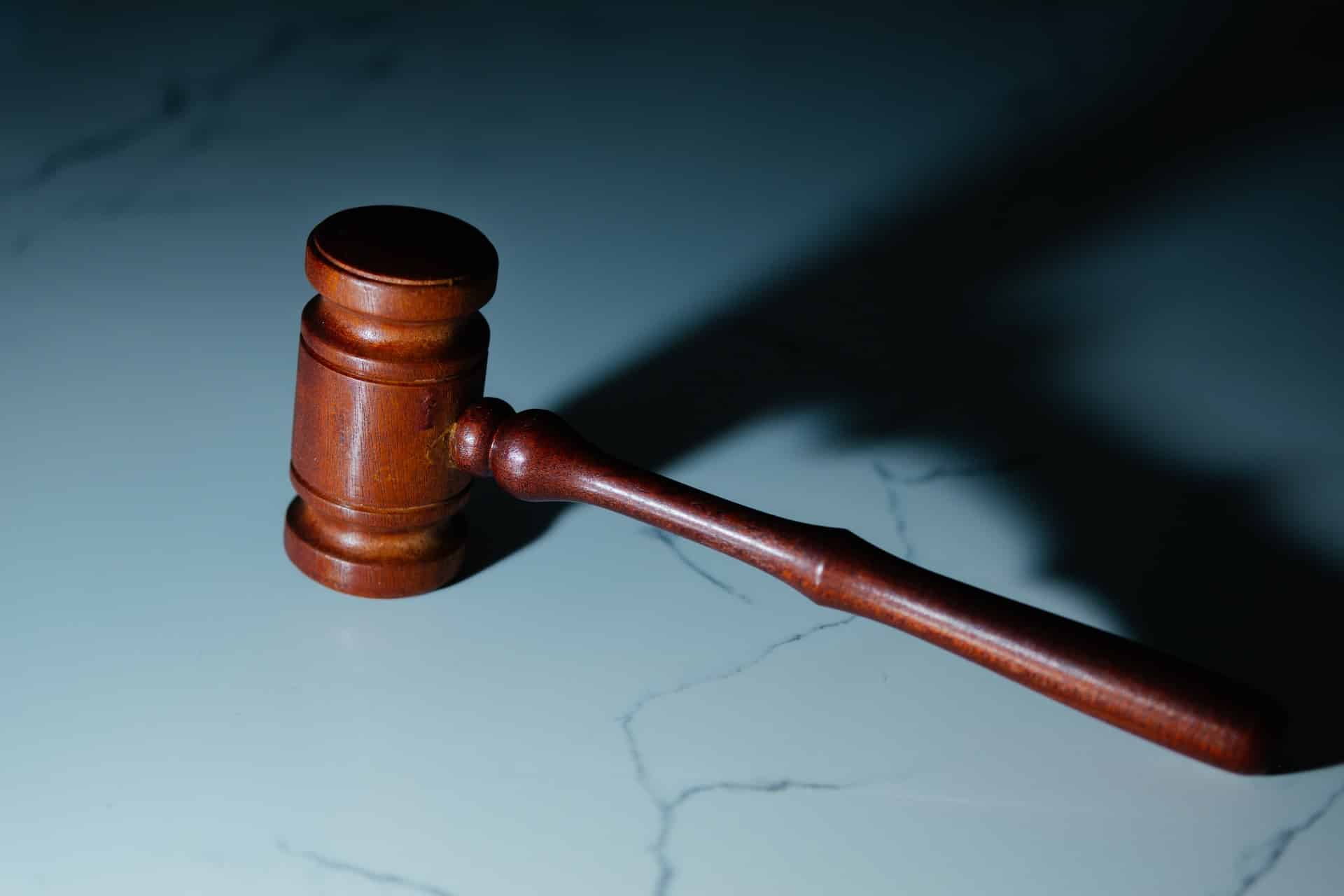
16 May Arizona’s Criminal Process
If you have been arrested and charged with a crime, you will have to go through the criminal process. Crimes can be charged as misdemeanors or felonies, but either way, you’ll need a good lawyer on your side.
An experienced defense lawyer can help you navigate the justice system and secure the best outcome for your case. Here’s how criminal trials work in Arizona, and the role your lawyer plays in defending your freedom.
From Arrest to Trial: How the Criminal Case Process Works
1: Arrest
In order to make an arrest, a law enforcement officer must have a warrant, have witnessed a crime, or have reasonable suspicion that a crime is in progress.
2: Initial Appearance
According to Arizona law, your initial appearance must happen within 24 hours after arrest, if you are being held. At the initial appearance, your identity will be verified, and then a judge will outline the charges and set the release conditions. Depending on the judge’s decision, you could be held in custody, released on your own recognizance, or released on bail. If you are not being held, you will be released with a court date.
3: Preliminary Hearing
Before a case can continue to trial, the prosecution must prove that there is a reasonable amount of evidence to suggest that you might have committed the crime. This can be proved in front of a judge or before a jury.
4: Arraignment
At this point, you must enter a plea of guilty, not guilty, or no contest. Your lawyer will advise you on the best plea option. If you enter a plea of not guilty, the judge will set a date for the trial to start. If you plead guilty or no contest, a date will be set for sentencing instead. This is also the time when you can find you if you are eligible for a felony diversion program.
5: Trial
If your case goes to trial, you will be able to decide whether you want your case to be tried in front of a judge and jury or just a judge. This option is available for all felonies and for some misdemeanors. Here’s what happens during the criminal trial process.
Acquittal, Conviction, or Appeal? The Criminal Trial Process in Arizona
Step 1: Opening Statements
The opening statements are used to introduce the judge or jury to the case. First, the prosecution gives an outline of their case against the defendant. But since opening statements are not considered evidence, a defense attorney can wait to make their opening statements when they begin their defense (Step 4).
Step 2: Examination of Evidence
It is the prosecution’s job to prove guilt, and they must present evidence to do so. After the prosecution presents all of their evidence and witnesses, they rest their case.
The examination of evidence has four parts:
- Calling of Witnesses—A lawyer will call witnesses who have knowledge of the crime to the stand, and ask them questions. The defendant may be called up for questioning at this time as well.
- Cross-Examination—After the first lawyer questions the witness, the lawyer for the other side may also ask them questions.
- Redirect Examination—The lawyer who called the witness may ask additional questions.
- Trial Evidence—This is testimony or physical evidence like clothing, weapons, drugs, or documents that are related to the crime and have passed the Arizona Rules of Evidence.
Step 3: Judgment of Acquittal
After the prosecution rests, your lawyer can ask for an acquittal if the prosecution did not supply enough evidence to convict you. If the judge agrees to acquittal, the trial will end; if they do not, the trial will continue.
Step 4: Defense
The defendant is not required to present any evidence. Sometimes an attorney will use cross-examination to prove that their client did not commit the crime or to create doubt that they committed the crime. However, if a defense lawyer does choose to call witnesses or present evidence, they will follow the same examination procedure as the prosecution in Step 2.
Step 5: Closing Arguments
Like the opening statements, the remarks made in the closing arguments are not counted as evidence. Each side will summarize their case, and point out where their opponent has made a bad argument.
Step 6: Jury Instructions and Deliberation
After the closing arguments have been made, the judge will explain the law to the jury. During their deliberations, the jury will need to use the law to decide whether the defendant is guilty or not guilty.
Step 7: Verdict
The verdict is the decision that the judge or jury makes, either not guilty or guilty. If you are found not guilty you are released right away. If you are found guilty, the judge will set a date for sentencing.
Step 8: Sentencing
The judge will hear recommendations on sentencing from both the prosecution and the defense before they make a decision. Arizona has clearly defined sentences for crimes, and a judge may decide on any penalties within those parameters. They can sentence the defendant to imprisonment, probation, fines, or even death in some cases.
Step 9: Appeals
If convicted, a defendant may appeal the court’s decision, however, you are required to follow all rules of sentencing until the appeal is granted. There are no limitations on how many appeals you can file, however, they often take a long time.
Best Criminal Defense Lawyer in Arizona
No matter what crime you are accused of, only the best criminal defense attorney in Arizona can keep your life on track. Todd Coolidge has spent over 25 years successfully defending cases in the Arizona criminal courts, and his team knows all the ins and outs of the law. Don’t take the risk with an inexperienced lawyer—contact us today for a consultation on your case.
Images used under creative commons license – commercial use (5/16/23). Photo by Wesley Tingey on Unsplash.


